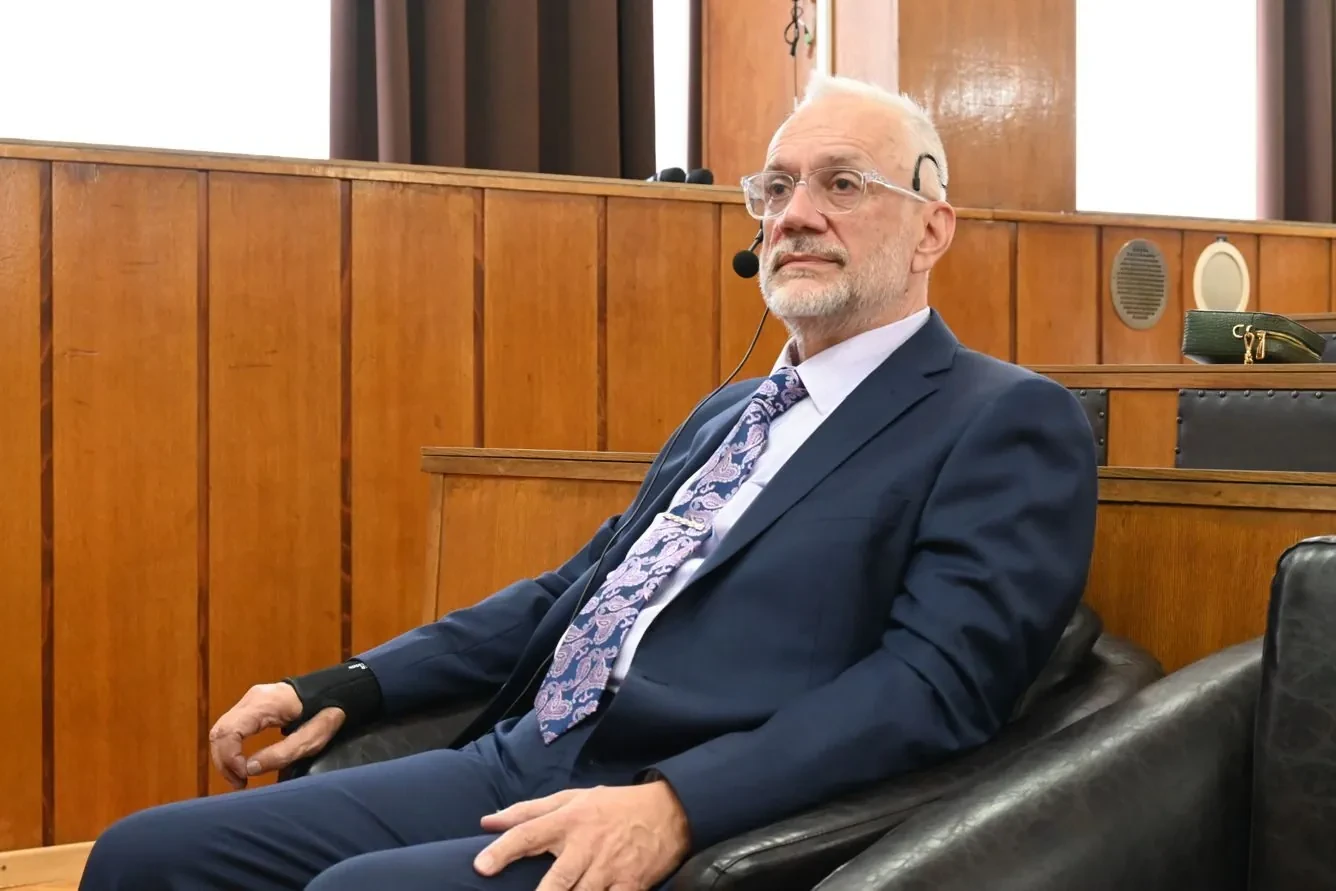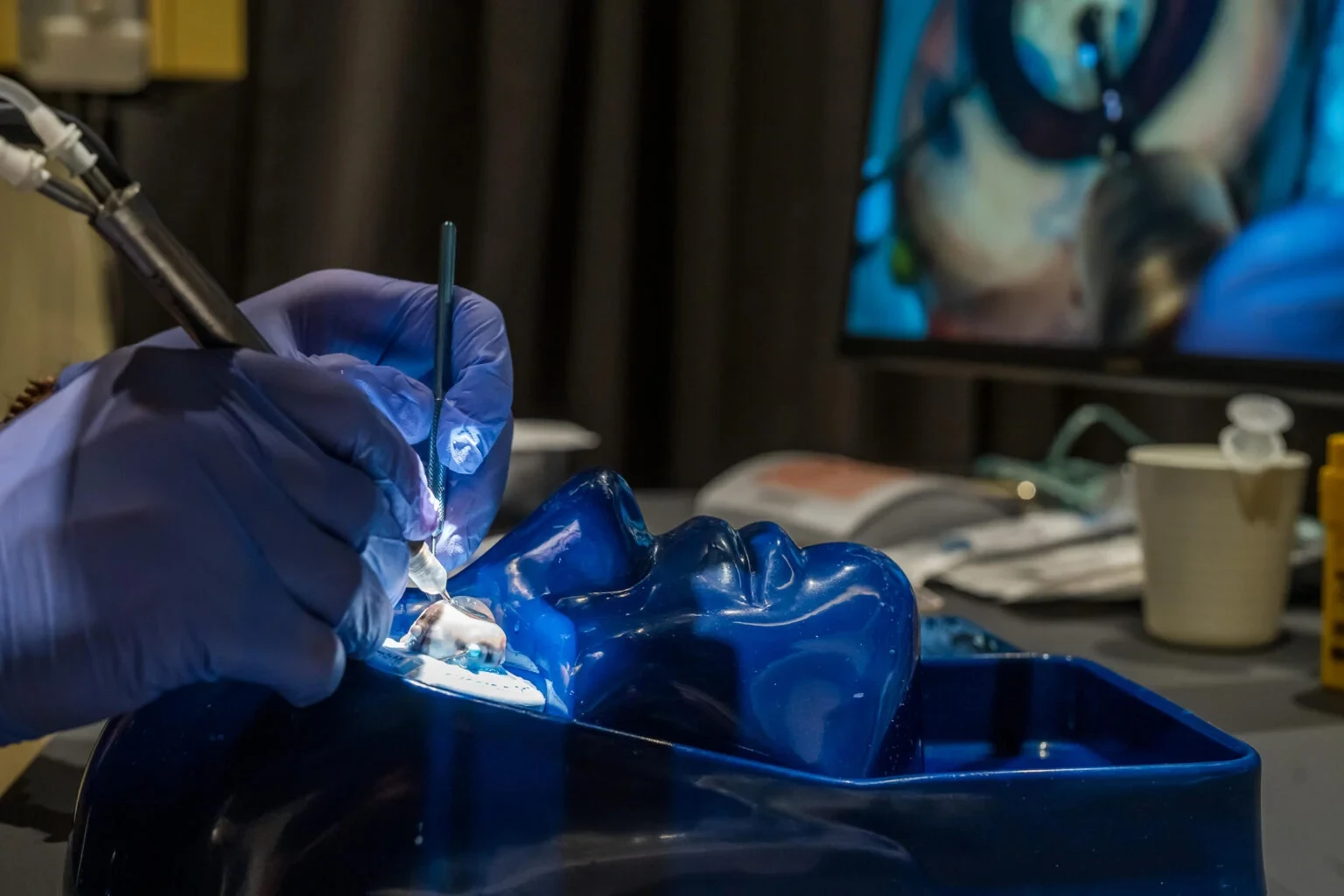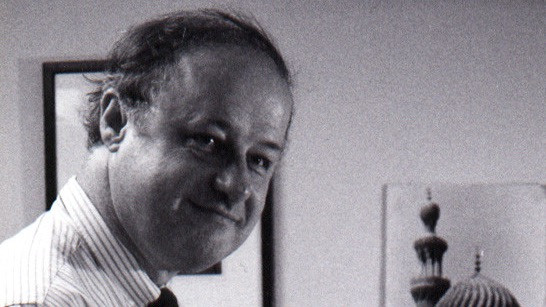In Bosnia and Herzegovina, air pollution has for years been among the biggest environmental and public health challenges, especially in winter when cities turn into valleys of smog. Polluted air—containing dust particles, sulfur, and other harmful compounds—directly affects health, and doctors warn of a growing risk of chronic respiratory diseases, including lung cancer.
Dr. Gordan Srkalović, a member and former president of BHAAAS and the director of the University of Michigan Health – Sparrow Herbert-Herman Cancer Center, delivered a lecture at ANUBiH and highlighted the results of a large UK study: the smallest particles and nitrogen dioxide are associated with a higher risk of lung cancer, particularly in people with certain genetic changes—a “double hit” that can increase risk by up to 60%. What matters is not only the level of pollution, but also the duration of exposure.
Dr. Srkalović also emphasized the potential of artificial intelligence: advanced algorithms can analyze CT scans performed for other reasons, detect suspicious lung lesions, and more quickly direct patients to further diagnostics. Alongside systemic measures (clean technologies, better regulation of heating, traffic, and industry), the message to citizens is clear: masks can help during pollution episodes, but quitting smoking is the most important step for your health. He also recommends replacing open-flame stoves, supported by public co-financing programs.
We thank Dr. Gordan Srkalović for his dedicated work and contribution to public health—as a distinguished BHAAAS member and lecturer at ANUBiH—and for the message that with a combination of prevention, innovation, and responsibility, we can protect the health of our communities.
Watch Dr. Gordan Srkalović’s full lecture here: https://www.youtube.com/watch?v=4LrM5xJU0TM

 English
English
 Bosanski
Bosanski



